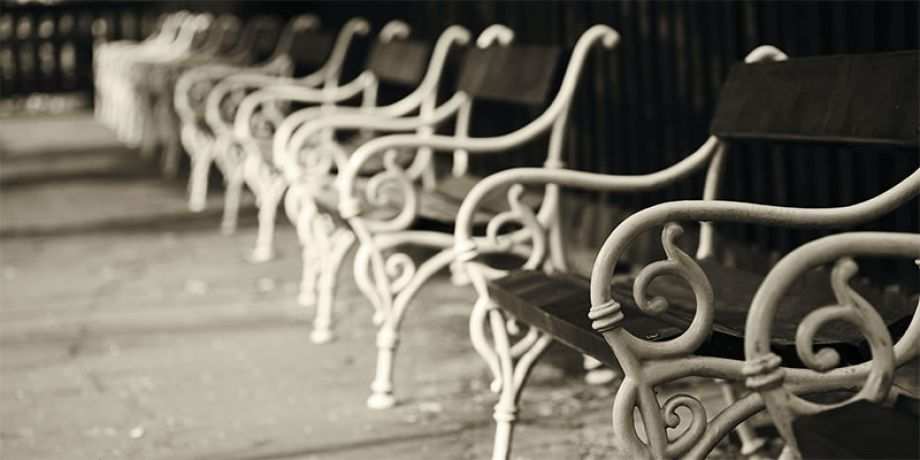
Researching the difference between the words “change” and “transformation” recently, I came across the following statement: “Change is a response to external influences, where modifying day-today action achieves desired results. Transformation, on the other hand, is about modifying core beliefs and long-term behavior – sometimes in profound ways to achieve the desired results.”

Transformation is what I would call the experience of many of us, if not all, as we face the reality of the ongoing COVID-19 pandemic. Many things have been shared about how this pandemic is negatively affecting us, but have we ever thought about its transformative potential?
I am still flabbergasted by this virus that has already taken millions of lives. It is transforming my whole sense of life on earth. If I cannot learn something new as a result, then I never will! In Article 35 of his encyclical, Fratelli Tutti, Pope Francis writes, “If only this may prove not to be just another tragedy of history from which we learn nothing... If only we might rediscover once and for all that we need one another, and that in this way our human family can experience a rebirth.”
For many months, whole cities, even countries, have been in lockdown and peoples movements were severely restricted, with no one permitted to travel internationally or even more than a few kilometers from their home.
I live in a council house (subsidized housing) in Dublin, Ireland, about an hour’s walk from the city center. During lockdown, my ministry and meetings with the diocesan youth ministry and the lay mission group moved online. My own movement was limited to the house, the park, a local cemetery and the shops. For many months that was my world, and it brought positive changes into my life. The changes included being more connected, through technology, with family, friends and those in my ministry, even though I was physically distant from them. I was also spiritually nourished—not being able to go to the church seemed to bring about a deeper longing for God.
I have become more aware of the vulnerability of life because I have no control over this pandemic. I became especially aware of my mortality when I contracted COVID-19 myself. This brought me to a deeper surrender of my life to God. As I considered each night the possibility that it could be my last, I experienced deeper gratitude for the gift of life. I also formed a deeper spiritual connection with my family, as we prayed the rosary every day, no matter what our situation was.
I have also begun to set aside time for silent prayer. This is not just a change that I see happening now that will later disappear. This is a transformation that is going to remain with me. We need one another to realize the truth that we are not alone, even if we have been physically isolated while person-toperson gatherings are prohibited.
I truly hope that the worldwide tragedy of the pandemic has strengthened our sense of being a global community.
“… we are part of one another, that we are brothers and sisters of one another” (Fratelli Tutti, Article 35).
I hope this pandemic will bring transformation within all of us and profoundly modify our core beliefs and long-term behavior. I hope it will awaken within us the desire to become whole by recognizing our need for connection with others.
“Amid this storm, the façade of those stereotypes with which we camouflaged our egos, always worrying about appearances, has fallen away, revealing once more the ineluctable and blessed awareness that we are part of one another, that we are brothers and sisters of one another (Fratelli Tutti, Article 32).
Columban lay missionary Angelica Escarsa lives and works in Dublin, Ireland.